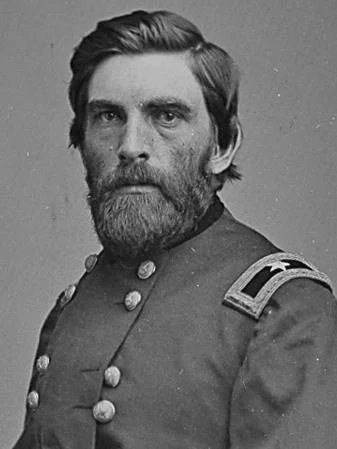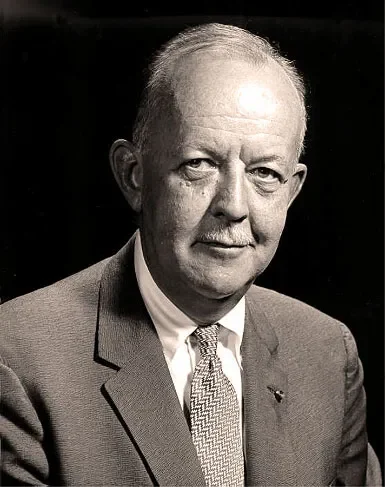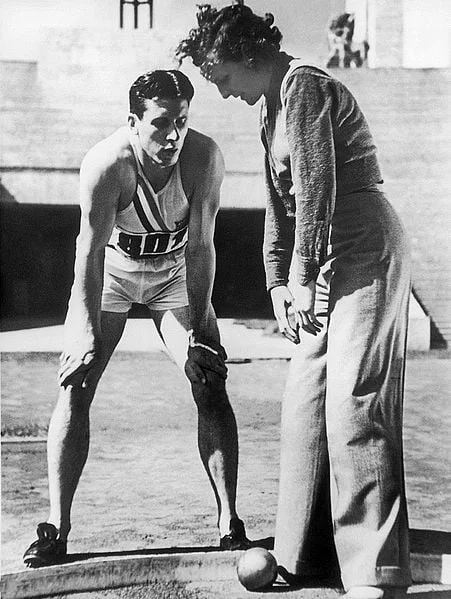Real Celebrities Never Die!
OR
Search For Past Celebrities Whose Birthday You Share

source: wikipedia.org
Grenville M. Dodge
Birthday:
12 Apr, 1831
Date of Death:
03 Jan, 1916
Cause of death:
Cancer
Nationality:
American
Famous As:
Army
Age at the time of death:
84
Grenville M. Dodge's Quote's
Grenville M. Dodge, an American civil engineer, soldier, and politician, played a vital role in the creation of the initial transcontinental railroad in the United States. Additionally, he served as a Union Army general during the American Civil War and held a congressional position representing Iowa.
Early Life and Education
Dodge was born in Danvers, Massachusetts, and developed a passion for railroading at the young age of 14 when he helped lay a short stretch of track. This early interest led him to pursue a career in railroading, and he completed his education at Norwich University in Vermont in 1851. Dodge gained valuable experience as a surveyor and engineer for various railroad companies in the Midwest, becoming highly skilled in railroad construction and bridge design.
Collaboration with Abraham Lincoln
Dodge formed a close bond with President Abraham Lincoln due to their shared vision of establishing a transcontinental railroad. Their meeting at the White House in 1863 solidified this vision, and Dodge’s expertise became crucial in determining the route of the Pacific Railroad, which was to connect the East and West of the United States.
Civil War Service and Military Career
During the American Civil War, Grenville M. Dodge enlisted as a volunteer and rose to the esteemed rank of major general. He commanded the Fourth Division of the Sixteenth Army Corps in the Western Theater, participating in many significant battles and campaigns. Despite the challenges he faced, including surviving a Confederate sniper’s bullet that grazed his skull, Dodge proved to be a resourceful and adaptable leader.
Intelligence and Spymaster Activities
One of Dodge’s lesser-known but highly influential roles during the Civil War was that of a spymaster. He established a network of over 100 spies, including Confederate sympathizers and formerly enslaved African Americans. These operatives provided critical information that gave the Union Army a strategic advantage. Dodge’s intelligence network was funded through the sale of captured Confederate cotton, ensuring the anonymity of his operatives.
Key Intelligence Successes
One of Dodge’s most significant intelligence accomplishments occurred when one of his spies obtained a pass from a Confederate commanding general, granting unrestricted access to the garrison’s defenses. Dodge passed this vital information to General Ulysses S. Grant, enabling him to concentrate Union forces effectively and secure a decisive victory.
Post-War Career: Chief Engineer of the Union Pacific Railroad
After the Civil War, Dodge returned to his work as a railroad engineer and became the chief engineer of the Union Pacific Railroad. He was instrumental in overseeing the construction of the western section of the transcontinental railroad. Dodge played a crucial role in supervising the placement of the final golden spike at Promontory Summit, Utah, on May 10, 1869, which marked the completion of the transcontinental railroad.
Political Career and Advocacy
Dodge entered politics and served as a congressman for Iowa’s fifth district from 1867 to 1869. During his time in Congress, he actively supported policies related to railroads, including land grants, subsidies, regulation, and safety measures. He was also a vocal advocate for civil rights, education, and immigration issues.
Later Life and Legacy
Even after leaving Congress, Dodge remained involved in various railroad ventures and business endeavors. He continued to be a prominent figure in the railroad industry until his passing in 1916. Grenville M. Dodge’s contributions to the transcontinental railroad and his leadership during the Civil War left a lasting impact on the United States.
Name:
Grenville M. Dodge
Popular Name:
Grenville M. Dodge
Gender:
Male
Cause of Death:
Cancer
Spouse:
Place of Birth:
Danvers, Massachusetts
Place of Death:
Council Bluffs, Iowa
Occupation / Profession:
Personality Type
Logistician: Grenville M. Dodge was a very methodical and practical person who had a strong sense of responsibility to those around him.
Dodge created a highly effective intelligence network during the Civil War, managing over 100 spies and funding operations through the sale of captured Confederate cotton.
Dodge survived multiple close calls during the Civil War, including having several horses shot from beneath him and being grazed by a Confederate sniper's bullet.
He played a crucial role in the construction of the first transcontinental railroad, serving as chief engineer of the Union Pacific Railroad from 1866 to 1870.
In addition to his military and engineering careers, Dodge served a term in Congress and consulted on international projects, including the construction of the Russian Trans-Siberian Railroad.
Grenville M. Dodge was a member of the U.S. House of Representatives from Iowa’s 5th district.
He was inducted into the Hall of Great Westerners of the National Cowboy & Western Heritage Museum in 1963.


